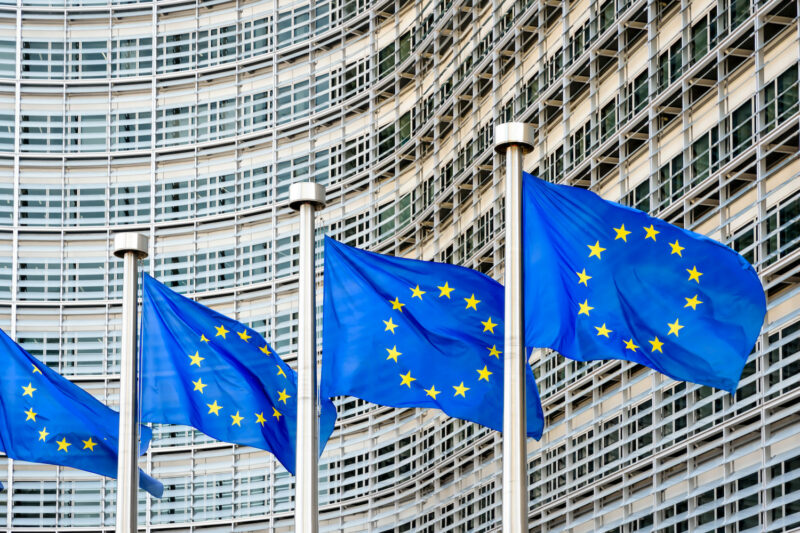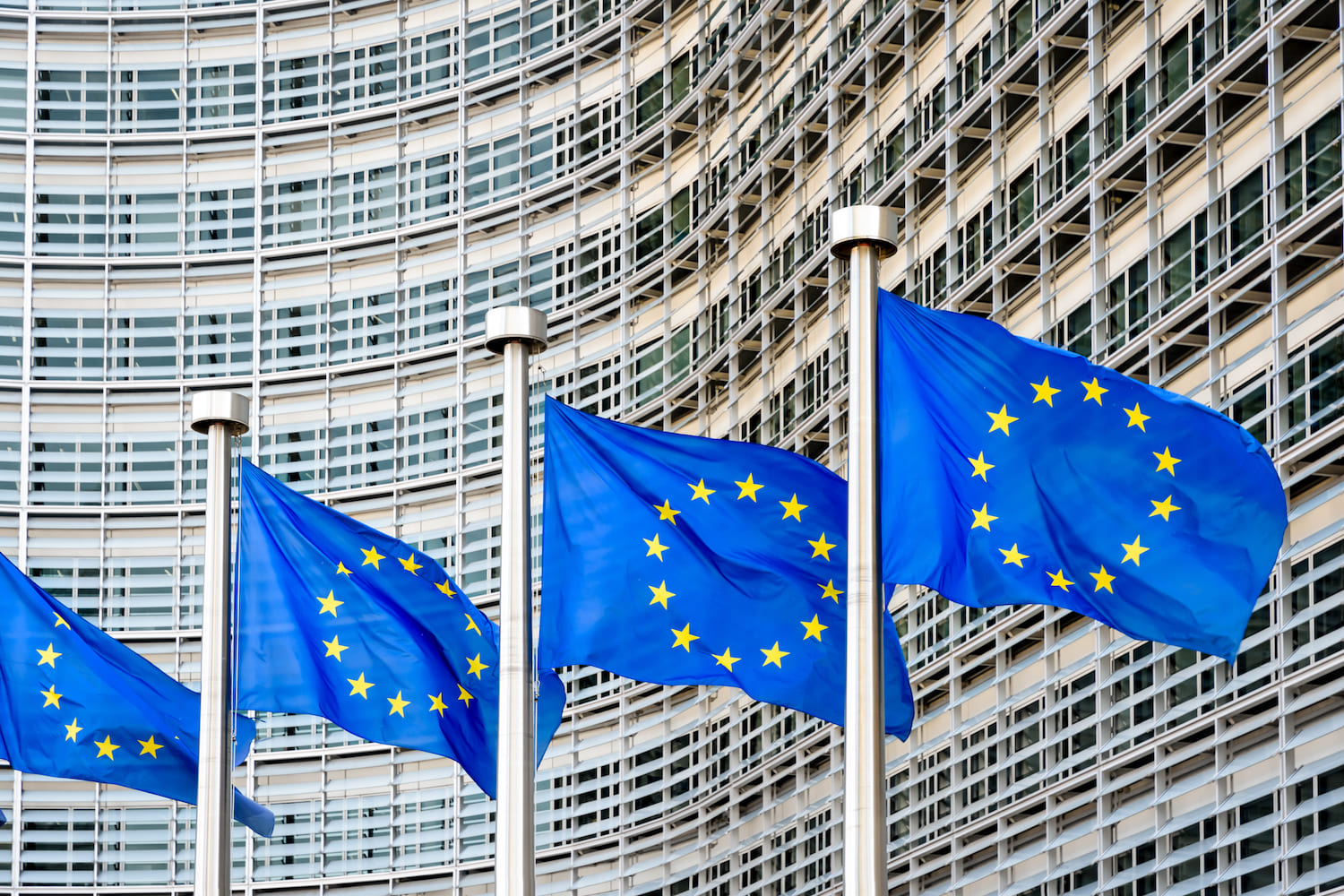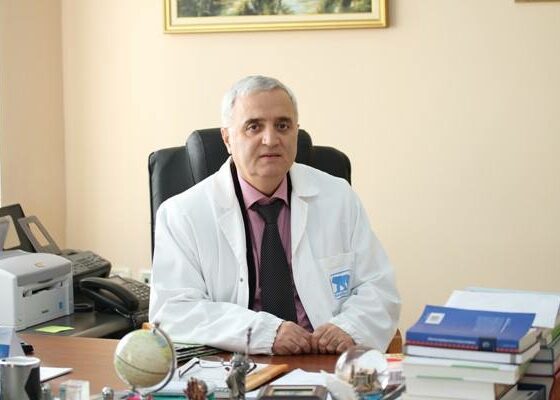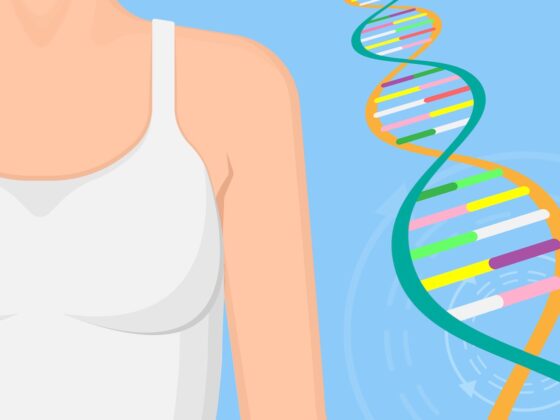A plan from the European Commission provides a roadmap for Europe to tackle the entire cancer pathway from prevention to improving the quality of life for cancer survivors. The aim of the Europe’s Beating Cancer Plan (published 3 February), accompanied by €4 billion to support the multiple initiatives, is once and for all to turn the tide against cancer.
“In a strong European Health Union addressing cancer needs to become a shared political, operational and scientific priority. Europeans expect and deserve to live in a society that protects them from avoidable cancers, that ensures early detection, and that provides equitable, affordable, high-quality and sustainable cancer care to those who need it,” conclude the authors of the plan.
“This is first and foremost about people. About celebrating and reinforcing resilience and treating cancer as a disease that can and must be overcome,” said Stella Kyriakides, the European Commissioner for Health and Food Safety.
Cancer exerts a huge toll across Europe. In 2020, 2.7 million people in the EU were diagnosed with cancer, and another 1.3 million lost their lives to it. Without conclusive action, it has been estimated that cancer cases will increase by almost 25% by 2035, making cancer the leading cause of death in the EU. In addition to affecting the lives of patients and those around them, the overall economic impact of cancer in Europe is estimated to exceed €100 billion annually. The situation has been further exacerbated by the Covid-19 pandemic which has disrupted cancer treatment, delayed diagnosis and vaccination and affected access to medicines. “Since the pandemic began, the number of cancer diagnoses has decreased, foreshadowing a future increase in cases,” write the authors.
The Europe Beating Cancer Plan proposals have been structured around four key action areas:
- Prevention. Key risk factors such as tobacco, harmful alcohol consumption, environmental pollution, and hazardous substances. The smoking cessation target is to push EU smoking rates down from 25% today to 5% by 2040, and alcohol consumption down by 10%. Additionally, a ‘HealthyLifestyle4All’ campaign promoting sport, physical activity and healthy diets will be launched. To eliminate cervical cancer and other cancers caused by human papillomaviruses, the plan aims to vaccinate at least 90% of the EU target population of girls, and to significantly increase vaccination of boys by 2030.
- Early detection. A new EU-supported Cancer Screening scheme to help member states ensure that 90% of the EU population who qualify for breast, cervical and colorectal cancer screenings are offered screening by 2025.
- Diagnosis and treatment. By 2030, 90% of eligible patients should have access to National Comprehensive Cancer Centres linked through a new EU Network. The idea is to facilitate the uptake of quality-assured diagnosis and treatment, including training, research and clinical trials across the EU. A European initiative to Understand Cancer (UNCAN.eu) will be launched to understand how cancers develop and identify individuals at high risk from common cancers using polygenic risk scores. To optimise treatment, the new ‘Cancer Diagnostic and Treatment for All’ initiative, to be launched by the end of 2021, will use next generation sequencing technology for quick and efficient genetic profiles of tumour samples.
- Improving quality of life of cancer patients and survivors. A ‘Better Life for Cancer Patients’ initiative will be launched focusing on cancer survivors living long, fulfilling lives free from discrimination and unfair obstacles. Components include a ‘cancer survivor smart-card’ to summarise their clinical history and facilitate and monitor follow-up care, and studies exploring return to work of cancer survivors.
Other noteworthy initiatives outlined in the plan include the launch of the ‘Helping Children with Cancer’ initiative to ensure children have access to rapid and optimal detection, diagnosis, treatment and care; a cancer inequalities registry to identify trends, disparities and inequalities between member states and regions; the launch of an EU platform to improve access to cancer medicines and support repurposing of existing medicines; and the European Cancer Imaging initiative to develop an EU ‘atlas’ of cancer-related images to support high performance computing, artificial intelligence and cancer screening algorithms.
In 2021 the ‘Inter-speciality cancer training programme’ will be launched, focusing on oncology, surgery and radiology, to help member states address skills gaps.
To ensure the numerous activities take place the Commission will establish the EU Cancer Plan Implementation Group intended to align actions and policies.
Commenting on the plan, Matti Aapro, President of the European Cancer Organisation, said, “The positive sense of energy in the plan, and the belief in being able to do more together is inspiring. Europe can, should and will make a common cause to beat cancer in our time.”
However, to bring the plan together, Aapro cautioned, the energy must shift from consultation to implementation, and with Covid-19 wreacking damage to cancer care across Europe, speed was of the utmost essence. “If we move quickly on taking forward the plan’s actions on vaccination, screening and earlier detection, the plan might help address the growing urgency of tackling the (Covid-19) backlog.” The next stage is driving forward the actions required to meet those ambitions, and monitoring progress towards achieving the agreed goals.”












